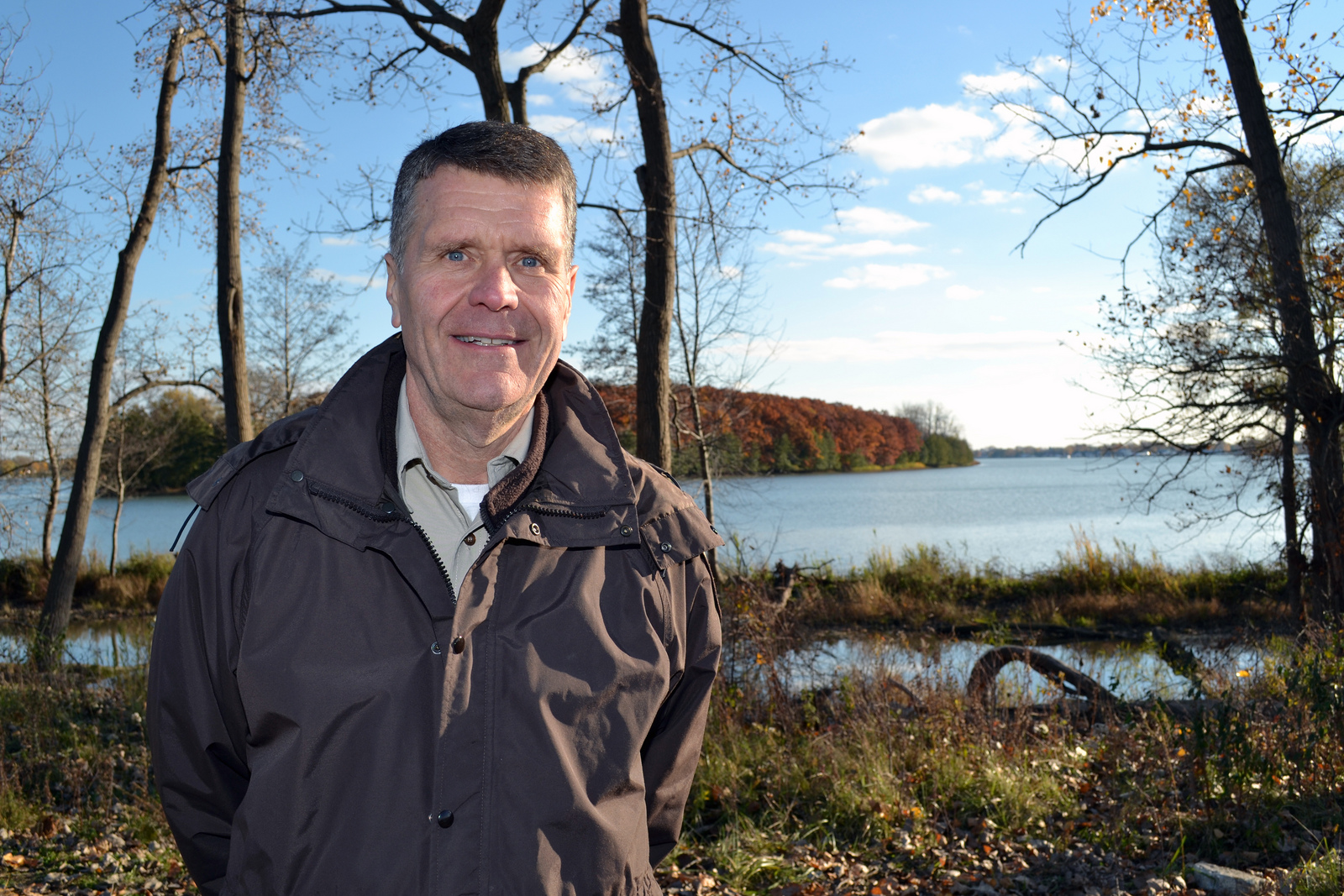At the end of December, the International Association for Great Lakes Research (IAGLR) announced that it had received a grant from the Fred A. and Barbara M. Erb Family Foundation, which will support IAGLR’s Great Lakes restoration work on the Great Lakes Areas of Concern (AOCs).
Billions of dollars have been spent on restoration efforts, according to Dr. John Hartig, a former IAGLR president with 30 years of AOC experience. Hartig will lead the project on behalf of IAGLR. “The time is right to conduct a scientifically defensible evaluation of the AOC program,” he said. “Key findings from this research will help sustain restoration programs in the Great Lakes and will help other countries in their efforts to clean up and restore degraded ecosystems throughout the world.”

The project began with a symposium held last summer at IAGLR’s annual Conference on Great Lakes Research. The symposium, cosponsored by IAGLR, the Aquatic Ecosystem Health and Management Society (AEHMS), Great Lakes Commission, Great Lakes Water Quality Board of the International Joint Commission, and U.S. Fish and Wildlife Service, focused on key achievements, lessons learned, and next steps in action to restore and protect the Great Lakes. In the fall, Hartig was appointed as a Fulbright Scholar in recognition of the importance of this work.
The Erb Family Foundation grant of $100,000 over two years will support the next phase to review and evaluate restoration efforts. The IAGLR Board of Directors will help provide critical peer review of the research undertaken. Findings will be published in the AEHMS Ecovision World Monograph Series, a special issue in the society’s journal, and a review article in IAGLR’s Journal of Great Lakes Research. In addition, a user-friendly publication will be prepared for a broad range of stakeholders to help sustain support for cleaning up AOCs and to inspire and motivate others to restore other degraded aquatic ecosystems.
“This project reflects IAGLR’s commitment to use our collective scientific expertise for informing decision-making to protect the environmental health of large lake watersheds,” said IAGLR president Erin Dunlop. “Dr. Hartig led our Great Lakes Science-Policy Initiative several years ago, and through this new project, he continues his long record of service to the association.”
IAGLR will conduct research with Canadian and U.S. experts to evaluate achievements and lessons learned from 32 years of efforts to clean up Great Lakes Areas AOCs.









